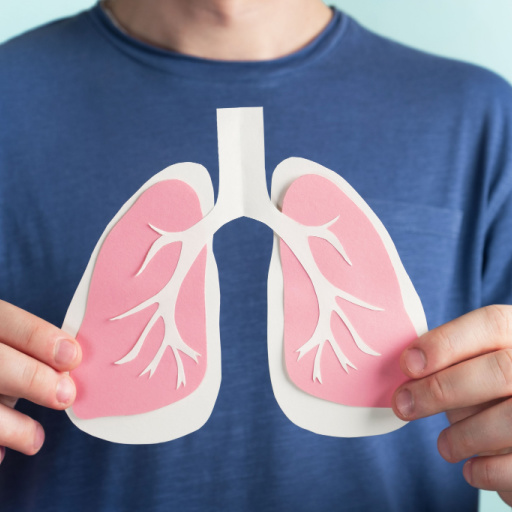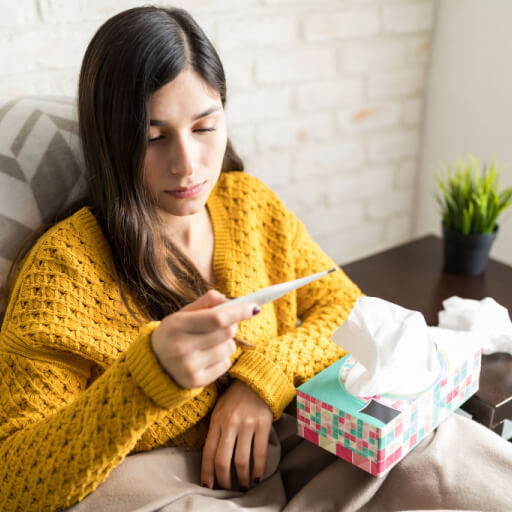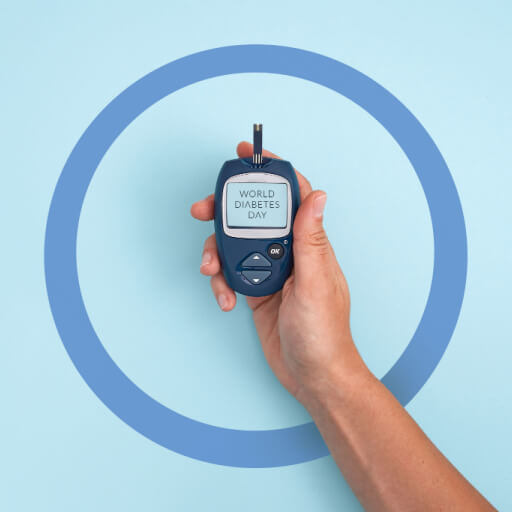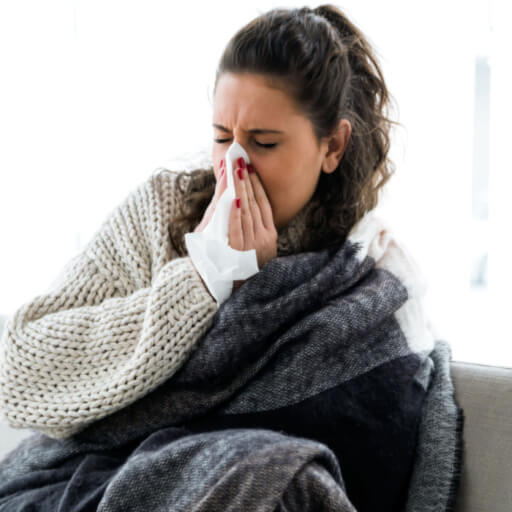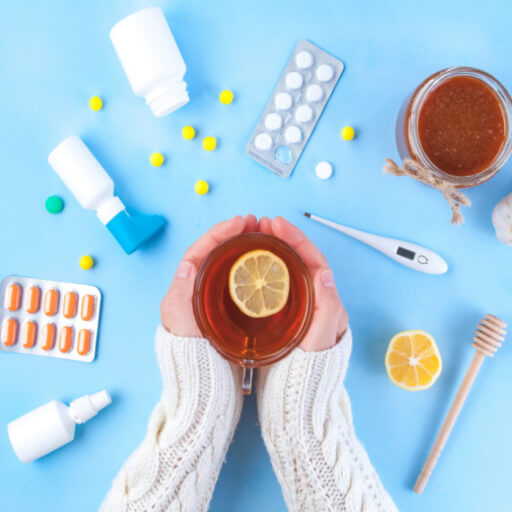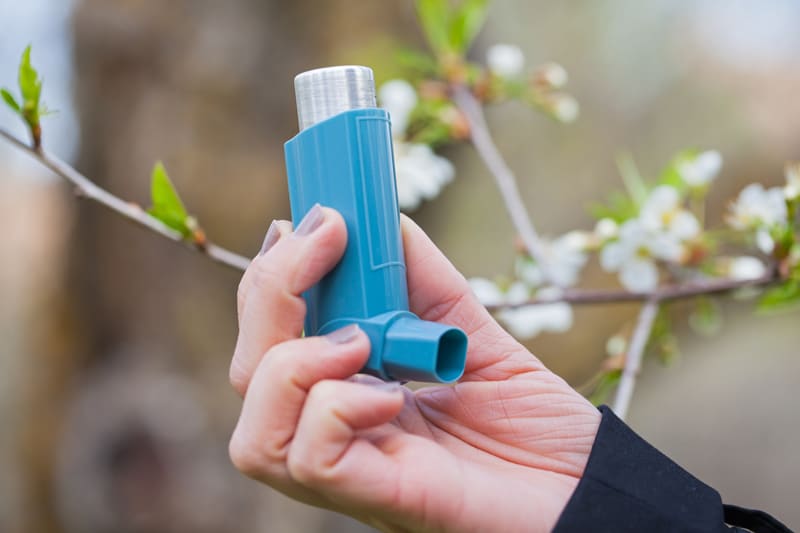World Pneumonia Day is observed every year on the 12th of November to spread awareness and demand action in the fight against this disease.
Pneumonia is an infection that inflames the air sacs in one or both lungs. As a result, the lungs may fill with fluid, mucus, or pus, causing cough, phlegm, fever, chills, and difficulty breathing.
Symptoms of pneumonia
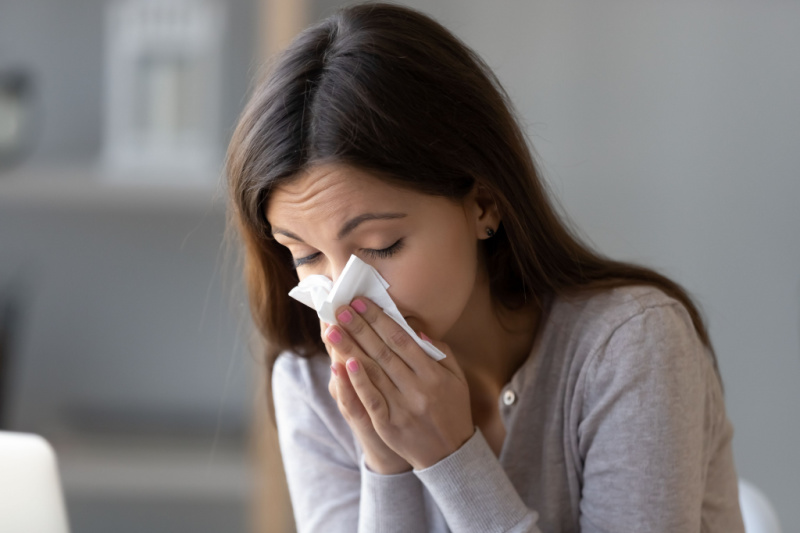
It is more severe in infants, young children, people over the age of 65 years, and those with other health conditions or weak immune systems. Depending on the type of infection, signs, and symptoms can range from mild to severe. The mild symptoms are often similar to the common cold or flu.
- Chest pain when you breathe or cough
- Phlegm-producing cough
- Fever, chills and shaking chills
- Nausea, vomiting, diarrhea
- Shortness of breath
- Sore throat
- Enlarged lymph nodes in the neck
- Mental confusion
- Fatigue and muscle aches
- Lower than normal body temperature in older people, those with health conditions or weak immune system
Causes of pneumonia

Breathing in organisms such as bacteria and viruses or fungi, asthma, smoking, use of a ventilator, progressive lung diseases, or other respiratory infections can cause pneumonia. This disease is classified according to the type of germs that causes it and where you get the infection.
- Community-acquired pneumonia is the most common type, which occurs outside hospitals and healthcare facilities.
- Hospital-acquired pneumonia, wherein some people catch this disease during a hospital stay for another illness.
- Healthcare-acquired pneumonia occurs in patients who receive care in outpatient clinics, including kidney dialysis centers.
- Aspiration pneumonia occurs when people inhale food, drink, or saliva into their lungs. It is more likely to occur in cases where their normal gag reflex is disturbed, such as brain injury, swallowing problems, or excessive use of alcohol.
- Walking pneumonia is a milder case of pneumonia where people don’t realize they have been infected. The symptoms may feel like the common cold that lasts longer than a week and requires a longer recovery.
Lifestyle changes to prevent pneumonia
Take a look at some steps to prevent pneumonia:
- Practice good hygiene. Wash your hands regularly before and after having meals and protect yourself against respiratory infections.
- Quit smoking and adopt healthy habits. Smoking can damage your lungs’ natural defenses against respiratory infections.
- Exercise regularly to keep your immune system strong. Practising yoga and deep breathing exercises to keep your lungs healthy.
- Get 7-8 hours of sleep regularly and adequate rest.
- Consume a balanced diet rich in fruits and vegetables, whole grains, proteins, and nutrients, and drink lots of fluid.
- Get vaccinated to prevent some types of pneumonia after consulting your doctor. Ensure children under 2 years of age or between 2-5 years are vaccinated against pneumonia. While pneumonia vaccines are recommended for children and adults, it is also strongly suggested for individuals between 19-65 years of age with the following conditions: diabetes mellitus, respiratory conditions such as asthma or Chronic Obstructive Pulmonary Disease (COPD), alcohol use disorder, leukemia or lymphoma, chronic heart disease, chronic liver disease, solid organ transplant, and other forms of immunosuppression.
Stay active in the Activ Living Community to find more details on mindfulness and nutrition.





 1800-270-7000
1800-270-7000

